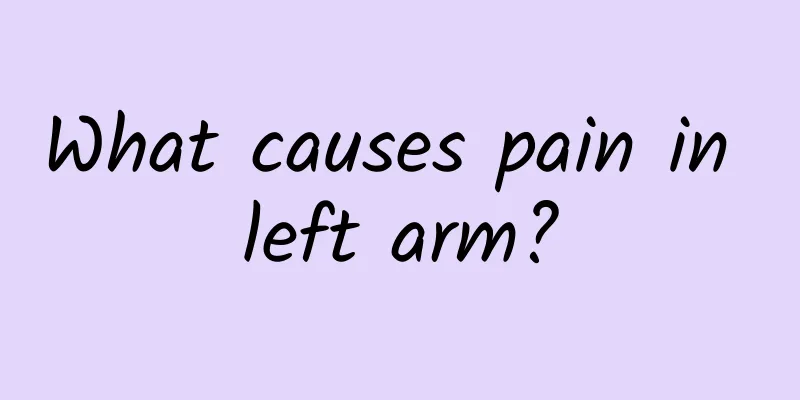7-valent pneumococcal vaccine

|
The seven-valent pneumococcal vaccine is mainly called Prevnar in daily life. It is mainly used to prevent common pneumococcal diseases in children, including pneumonia and meningitis. It should be injected frequently in daily life. It is usually injected intramuscularly. The blood is injected into the deltoid muscle of the upper arm and the anterior and lateral sides of the big head and leg of the child. It is not suitable to be injected when the baby is on an empty stomach or hungry. It is not easy for babies to get vaccines when they have a cold or diarrhea. Vaccinations for hepatitis and infectious diseases will aggravate these diseases. Therefore, in daily life, mainly healthy babies are vaccinated without causing any adverse effects on babies. Effectiveness in preventing invasive disease The effectiveness of this product in preventing invasive disease was evaluated in a large-scale randomized double-blind clinical trial (NCKP) involving a multi-ethnic population conducted in California, North America in 1995. More than 37,816 infants received either this vaccine or a control vaccine (meningococcal C conjugate vaccine) at 2, 4, 6, and 12 to 15 months of age. At the time of the trial, the serotypes included in the vaccine accounted for 89% of the IPD. As of 1999, during the blind follow-up period, there were 52 cases of invasive diseases caused by this vaccine serotype (all including bacteremia, and some meningitis and pneumonia), including 3 cases in the ITT population trial group and 49 cases in the control group. The serotype-specific vaccine efficacy evaluated in the ITT population was 94% (95% CI: 81, 99) and in the PP population was 97% (95% CI: 85, 100). In Europe, vaccine effectiveness is between 65% and 79%, taking into account its impact on coverage of serotypes that cause invasive disease. In the NCKP trial, the effectiveness of the vaccine against bacteremic pneumonia caused by pneumococcal serotypes covered by the vaccine was 87% (95% CI: 7, 99). Immunogenicity Vaccine-induced antibodies to the capsular polysaccharide specific for each serotype are thought to confer protection against invasive disease. However, the minimum protective antibody concentration for each serotype against invasive disease has not yet been determined. In foreign countries, among infants/young children who received 4 or 3 doses of this vaccine, significant antibody responses were seen against all serotypes, although the geometric mean concentrations were different between serotypes. For all serotypes, a peak in the basic immune response was seen after three doses, and a boost was seen after the fourth dose. The results of the opsonophagocytosis test after primary immunization showed that this vaccine induced the production of functional antibodies against all vaccine serotypes. Clinical studies on the persistence of antibodies after completion of immunization (boosting immunizations) in infants and older children have not been conducted. In foreign clinical trials, the use of simple polysaccharide vaccines (such as 23-valent pneumococcal polysaccharide vaccine) 13 months after basic immunization with this vaccine can also induce immune memory responses to seven serotypes. The above is the effect of the seven-valent pneumococcal vaccine. Vaccination for hepatitis and infectious diseases will aggravate these diseases. Therefore, in daily life, it is mainly for healthy babies, and there will be no adverse effects on babies. Vaccination is mainly for some diseases. It is a good prevention and control to ensure the pathological changes of body tissues. |
<<: What causes peeling of the palms?
>>: Is Trichomonas vaginitis serious?
Recommend
Symptoms of measles in children
Urticaria is a common skin disease. There are man...
Tea for treating three highs
The three highs have become a common problem for ...
What is occult blood in urine?
Do you know what occult blood in urine is? Genera...
Will drinking too much cold drinks delay menstruation?
It is also very important for women to take care ...
What is the process of the heart pumping blood?
The heart is the driving force of all life, becau...
What medicine should I use after a spider bite?
Generally speaking, the toxicity of the spiders w...
Can adrenal hyperplasia heal on its own?
In life, we all know that the adrenal glands are ...
Can gastritis eat pig stomach and ginger?
Pork tripe is the stomach of a pig. It is rich in...
TCM Syndrome Differentiation of Blood Deficiency
Traditional Chinese medicine believes that "...
What to do if the oil pan foams?
In our daily life, many people like to eat fried ...
Chinese medicine doctors are awesome! Teach you the most correct way to take a nap
Nowadays, many office workers have the habit of t...
What to do if you have bronchitis
In fact, there are many bronchitis patients in li...
What is perforating folliculitis?
Perforating folliculitis is prone to occur on the...
What to do about arsenic poisoning
Maybe some people don’t know what substance cause...
Which department should I go to for cervical spine problems?
Diseases of the cervical spine should attract eve...









